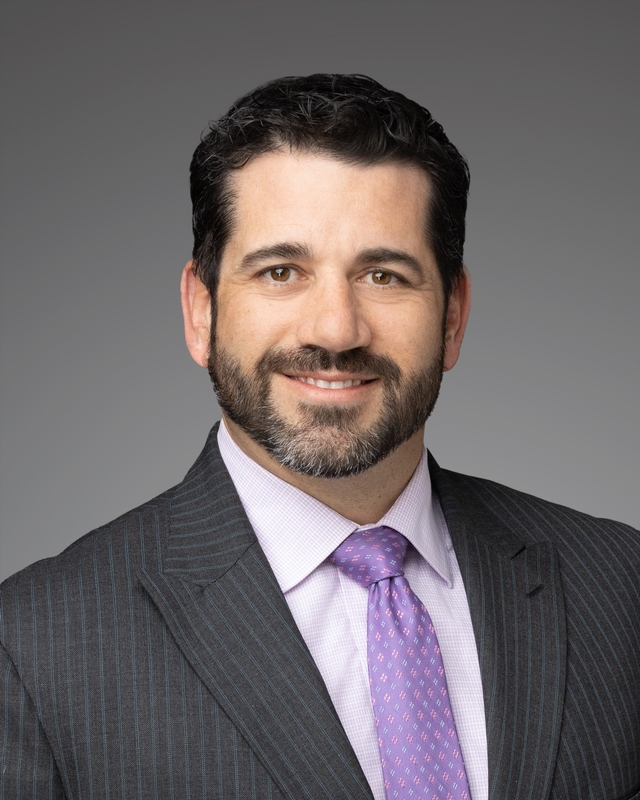
CFTC Whistleblower
Overview
Whistleblowers can receive rewards for reporting on frauds in the trading of commodities. The Commodity Futures Trading Commission (the “CFTC”) whistleblower program was created by the Dodd-Frank Wall Street Reform and Consumer Protection Act in 2010.
The program pays incentive awards to persons who report on violations of the Commodity Exchange Act (the “CEA”) and its regulations, where the reported information leads to sanctions or other recoveries. The program also provides whistleblowers anonymity and protection from professional retaliation.
Kirby McInerney’s CFTC Whistleblower Practice
Kirby McInerney has significant experience representing CFTC whistleblowers. The Kirby team draws upon the firm’s long-standing track record of successfully representing plaintiffs in commodity futures manipulation cases to help CFTC whistleblowers navigate the whistleblower process while partnering with CFTC enforcement staff.
The firm represented the whistleblower who received the largest CFTC whistleblower award ever and the second largest whistleblower award arising under the Dodd-Frank and IRS whistleblower programs. In 2021, the CFTC program awarded the client nearly $200 million in connection with recoveries by the CFTC and other government regulators of billions of dollars from global banks that were alleged to have manipulated benchmark interest rates to illegally enrich itself to the detriment of other market participants.
Kirby McInerney has been involved in some of the most cutting-edge areas of commodities litigation, such as futures manipulation cases. The firm’s litigation experience includes cases involving the manipulation of agricultural, energy, fixed income, foreign exchange, and metals markets. Notably, Kirby McInerney served as co-lead counsel for a class of exchange-based plaintiffs in In re LIBOR-Based Financial Instruments Antitrust Litig., No. 11 MD 2262 (S.D.N.Y.) and secured, to date, settlements totaling $187 million for Eurodollar Futures traders. This amount represents the largest recovery in a “futures-only” commodities class action litigation.
Kirby McInerney’s CFTC Whistleblower Team is led by the firm’s co-managing partner, David E. Kovel, who was previously a commodities trader for a large financial firm. As a commodities trader, David Kovel took financial risk in futures and options markets and traded physical markets in the US, Europe, Asia, and Latin America and became a specialist in understanding market dynamics, especially in pricing matters.
About the CFTC Whistleblower Program
WHO CAN BE A CFTC WHISTLEBLOWER?
The CFTC Whistleblower Program is open to individuals who voluntarily submit original information to the CFTC about violations of commodities trading laws and rules. “Original information” includes information not already known to the CFTC that is derived from (i) your independent knowledge of information not generally known or available to the public, or (ii) your independent analysis of information that may be publicly available but which reveals information that is not generally known.
CFTC whistleblowers do not have to be employee “insiders.” They can be anyone with relevant knowledge, including market participants such as clients, competitors, or industry insiders. CFTC whistleblowers are not required to be U.S. citizens, and the misconduct need not have taken place in the United States of America so long as it impacted U.S. markets.
HOW TO BECOME A CFTC WHISTLEBLOWER
To take part in the CFTC whistleblower program, you must submit relevant information to the CFTC using CFTC “tip, complaint, or referral,” or “TCR,” forms and procedures. The best submissions will spell out the rules that were violated, the evidence that proves the violations, and where that evidence and additional evidence can be found. The submissions should not be based upon unsupported speculation. Experienced counsel can help you prepare the submission.
CFTC WHISTLEBLOWER AWARDS
Whistleblower awards can be between 10% and 30% of the monetary sanctions received as a result of the whistleblower’s information. The award is available where monetary sanctions in a CFTC enforcement action or a “related action” exceed $1 million. A “related action” is one involving the same facts, but pursued by another government agency, such as the SEC or the Justice Department. If there are multiple whistleblowers, the 10% to 30% award may be divided among them based on the extent to which each contributed to the success of the enforcement actions.
While CFTC Whistleblowers are not required to make internal reports about the violations to their employers, the CFTC considers such reporting as one of many factors in deciding the amount of a whistleblower award.
WHISTLEBLOWER ANONYMITY
Whistleblowers can remain anonymous if they make their submission to the CFTC program through counsel. The confidentiality is not limited to the whistleblower's identity but includes any portion of the submission that would potentially reveal the whistleblower's identity. In addition, even where the whistleblower’s identity is disclosed in the submission, the CFTC generally treats the information as non-public and confidential, with limited exceptions, such as where disclosure is required in connection with criminal or regulatory proceedings.
PROTECTION AGAINST RETALIATION
Under the CFTC whistleblower program, whistleblowers are protected against employment retaliation. The rules provide that employers may not take any action to impede would-be whistleblowers from communicating with the CFTC about possible violations of the CEA, including by enforcing, or threatening to enforce, a confidentiality agreement or pre-dispute arbitration agreement. Likewise, employers cannot retaliate against whistleblowers for reporting violations of the CEA by discharging, demoting, or suspending them or through direct or indirect threats, harassment, or any other discrimination against a whistleblower in the terms and conditions of employment because of any lawful act done by the whistleblower.
A whistleblower who has been retaliated against has the right to sue an employer in federal court. In addition, the CFTC has authority to enforce the anti-retaliation provisions by bringing an enforcement action or proceeding against an offending employer.
Contact Kirby McInerney
If you are aware of fraud in the commodities markets or violations of commodity laws and would like to discuss them with a member of Kirby McInerney’s CFTC Whistleblower team, please contact us at our dedicated whistleblower line, 212-699-1160, or by filling out this form.
Case Types:
WhistleblowerTax FraudFalse Claims ActSEC WhistleblowerCFTC WhistleblowerFinCEN and OFACDOJ Antitrust Whistleblower Rewards Program



